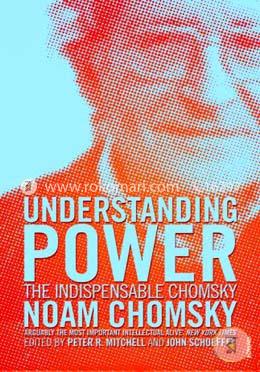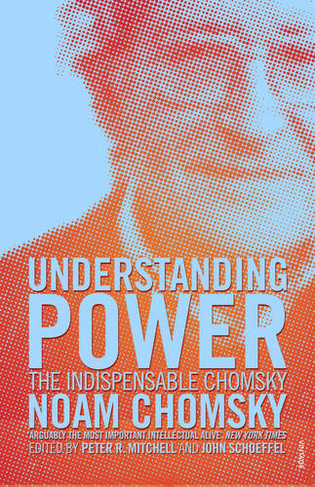
The neoliberal programs of the past generation have concentrated wealth and power in far fewer hands while undermining functioning democracy, but they have aroused opposition as well, most prominently in Latin America but also in the centers of global power. People are incidental, with the consequences one might anticipate. The designers regularly do quite well, not surprisingly. The intention is to have them adopted in good Stalinist style with “fast track” procedures designed to block discussion and allow only the choice of yes or no (hence yes). They are negotiated in secret, apart from the hundreds of corporate lawyers and lobbyists writing the crucial details. When we consider the role of the masters of mankind, we turn to such state policy priorities of the moment as the Trans-Pacific Partnership, one of the investor-rights agreements mislabeled “free-trade agreements” in propaganda and commentary.

In the contemporary global order, the institutions of the masters hold enormous power, not only in the international arena but also within their home states, on which they rely to protect their power and to provide economic support by a wide variety of means.


Still following Smith, it is also wise to attend to the “vile maxim” to which the “masters of mankind” are dedicated: “All for ourselves and nothing for other people” – a doctrine known otherwise as bitter and incessant class war, often one-sided, much to the detriment of the people of the home country and the world.


 0 kommentar(er)
0 kommentar(er)
